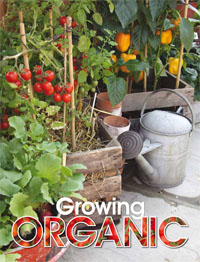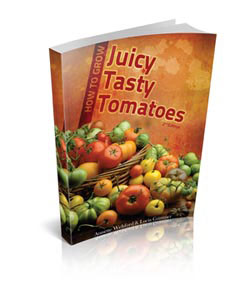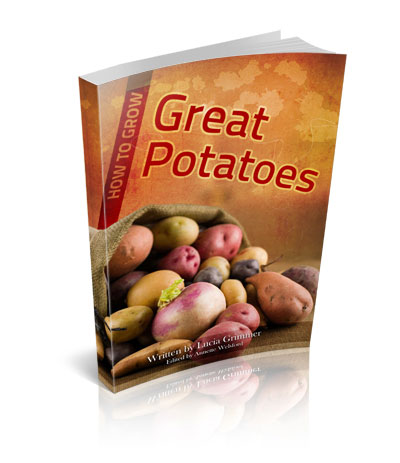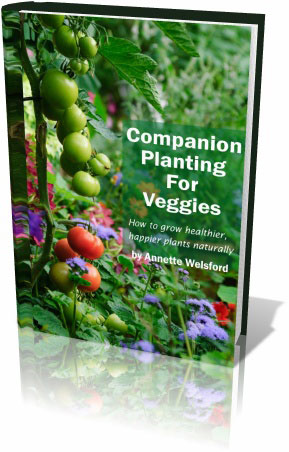Growing Organically
We’re thrilled that the November edition of The Gardener magazine – South Africa’s premier gardening publication has featured a lovely 3 page article on growing organically, directly from our book How to Grow Juicy Tasty Tomatoes.
Here’s an extract of that article. (Click on the image to see the full article as published in The Gardener)
 ” Until fairly recently organic gardening was generally regarded as the preserve of eccentrics who refused to accept the self-evident truth that twentieth-century progress had transformed the ancient art of gardening. The attitude was ‘why fiddle around with compost and garlic spray when modern fertilisers and insecticides are so much more efficient and easier to use?’
” Until fairly recently organic gardening was generally regarded as the preserve of eccentrics who refused to accept the self-evident truth that twentieth-century progress had transformed the ancient art of gardening. The attitude was ‘why fiddle around with compost and garlic spray when modern fertilisers and insecticides are so much more efficient and easier to use?’
Opinions have changed because the benefits of twentieth-century technology have come at a price, and now most gardeners regard ‘organic’ as the most sensible way to garden. Chemical sprays and fertilisers have done much damage to the environment. As individual gardeners we might not think that we can do much to change the world, but we certainly can take sensible care of the one part of the environment we control: our own garden. And by doing so, we do make a difference, particularly when you add up all the home gardens in the world – they represent a fair chunk of the environment.
Organic gardening is simply the application of common sense such as people have been practising for centuries. It involves digging manure into a planting bed, putting kitchen scraps onto a compost heap, using blood and bone on your tomatoes instead of sulphate of ammonia. By spreading rich compost that you have made, rather than a bag of chemical fertiliser, you know that it will benefit not just the growth of your plants, but the health of your soil for years to come. You are working hand in hand with nature, in harmony with its own rhythms. In order to maintain a healthy organic garden it is worth spending a few minutes reviewing the cycle of life in the garden, so that you understand all the elements and their interdependence on each other.
In a richly forested area, where a huge variety of plants grow abundantly without human intervention, you will notice that the forest floor will be covered by a thin layer of fallen leaves. The leaves are decaying and beneath them is the multitude of living organisms that are digesting the organic matter and in their turn adding their own dead bodies to the soil. They range from worms and small insects down to microscopic bacteria and fungi and without them the recycling process could not occur.
Humus
The result of the work of all these organisms is the wonderful substance called humus….”
You can read the rest of this great article here.
Tags: grow organic, humus, organic tomatoes, Tomatoes











